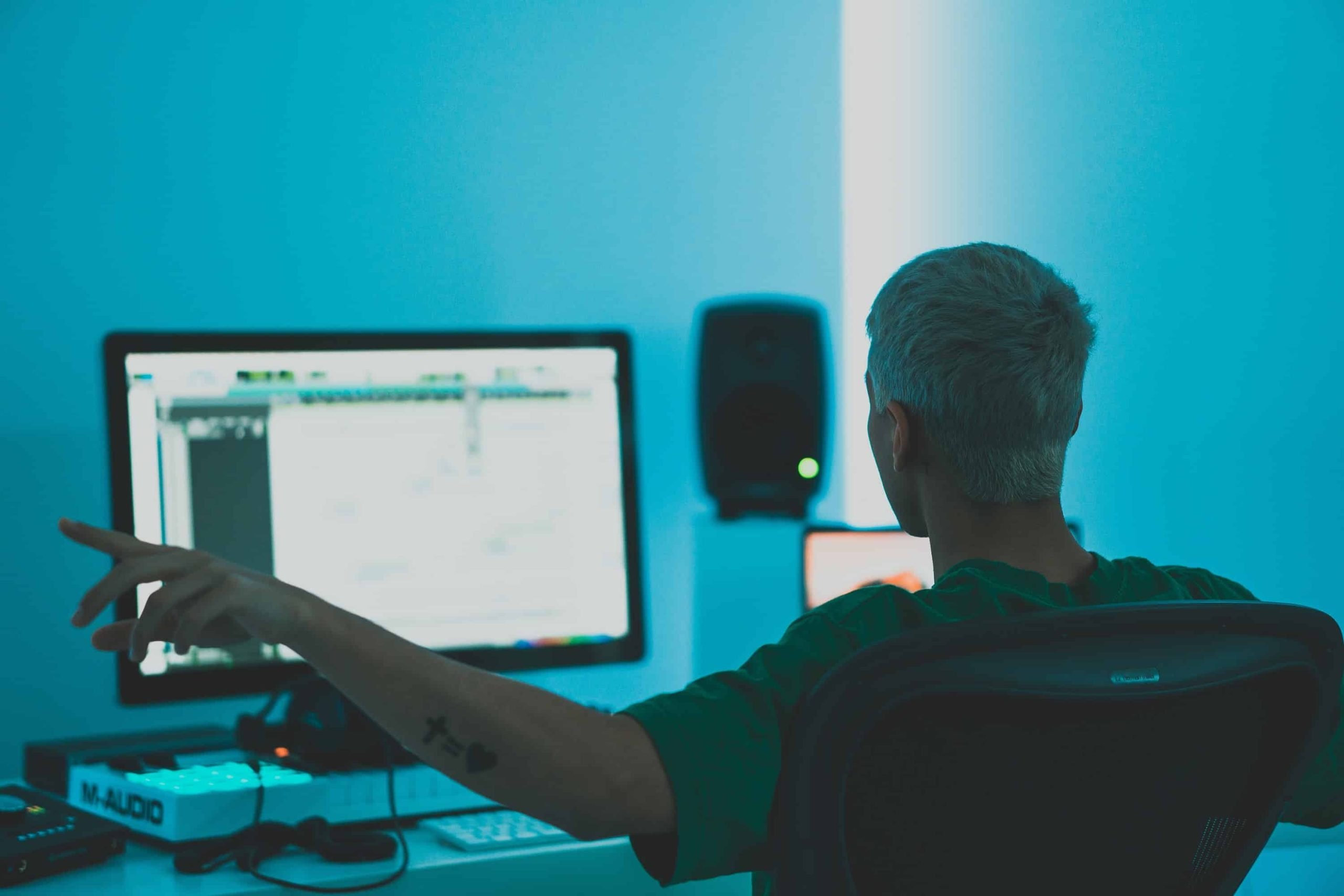

EDUBeats: How Electronic Music Production Shapes Student Creativity
When it comes to modern education, adding electronic music creation to lessons isn’t just a trend; it’s rapidly becoming a revolution. As we learn more about EDUBeats, an interesting question comes up: How does making computer music affect students’ creativity? It’s not just about beats and basslines that we’re looking into; it’s also about how these sounds affect students’ thoughts and creativity. Let’s take a rhythmic trip to find the perfect way for music and learning to work together.
Embracing Electronic Music in Education
Remember when classical music and traditional instruments were the only things you learned in music class? To present day, a different tune is played in the hallways of cutting-edge schools. Electronic music production is becoming more popular, which gives music schooling a new look.
Why Electronic Music?
You might be wondering why modern music. It’s simple, but deep. In this day and age, electronic music is like a language. It hits home with students because it uses sounds and synth waves that they hear and feel every day. Teachers aren’t just teaching music when they include electronic music creation in the lessons; they’re also opening the door to modern expression and creativity.
The Tech-Savvy Classroom
Think about a classroom where computers, MIDI controllers, and digital audio workstations (DAWs) are all making noise. This isn’t a scene from a movie set in the future; it’s a very tech- savvy music school. Students don’t just learn scales and melodies in these places; they also learn how to create sounds, mix them, and even code. When you mix music and technology, you can do a lot of things and learn skills that go beyond the numbers.
The Ripple Effect: Beyond the Classroom
Electronic music production has an effect on schooling in more than just the music studio. There is a chain reaction that affects other areas of learning and personal growth.
Enhanced Learning in Other Subjects
The things that students learn when they work on computer music production have a big effect on other subjects as well, which makes their learning better all around. As an example, students who work on music production often get better at organization and planning. This skill is used in teaching when you are asked to write something difficult. In this context, services like those offered by EduBirdie.com become a valuable resource, providing assistance and guidance to students striving to improve their writing skills. This service not only helps them write better, but it also teaches them how to properly set up and style their schoolwork. Also, students learn analytical skills while making songs that help them in subjects like math and science, which require them to solve problems and think logically. Electronic music production helps students grow in all areas, preparing them for a wide range of jobs and opportunities in their academic and professional lives.
Boosting Confidence and Social Skills
Making music is a great way for students to feel better about themselves. Sharing their work with others and getting positive comments makes them feel even better about their self-worth. Working in groups also helps students get better at getting along with others, which prepares them for future jobs where they will have to work together.
The Future-Ready Student
Students who learn how to make electronic music are ready for a world where technology and imagination are very important. They learn not only how to play music, but also how to think creatively and solve problems, getting them ready for the difficulties of the 21st century.
Cultivating Creativity
In this article, the term “EDUBeats” is used to encourage people to be creative in the field of music creation. But how exactly does computer-aided music-making spark that artistic spark in students?
Experimentation and Innovation
Making electronic music is all about trying new things. For fun, students can mix and match sounds from different styles and even make their own. This freedom to try new things is a strong force for innovation. Students are pushed to think outside the box, or in this case, outside the usual musical beats.
Collaboration and Communication
A lot of the time, people work together to make music, especially computer music. Students learn how to share their thoughts, get and give comments, and work with others to make something bigger than themselves. In today’s connected world, this willingness to work together is a very important skill.
Emotional Expression and Resilience
Making music takes you on a mental journey as well. Through their writing, students learn how to talk about how they feel and what they’ve been through. This way of letting out emotions is not only helpful, but it also makes you stronger. Problems like a tricky mix or a complicated tune teach you to keep going even when things get hard.
The Harmonious Blend of Music and Technology
Electronic music making is a great example of how music and technology can work together. This mix not only appeals to the digital-native youth, but it also gets them ready for a future where these two worlds become more and more connected.
The Role of Technology in Music
The way we make, share, and listen to music has changed because of technology. Students can get a full picture of the modern music business by learning about this technological element. Not only is it about making tunes, but also about knowing how music works digitally.
Preparing for a Digital Future
Students learn important computer skills while they learn how to make electronic music. In a world where technology is always changing, these skills are very useful, whether they’re in sound engineering, digital marketing, or making content.
Conclusion
To sum up, EDUBeats isn’t just a trend; it’s a symphony of chances. We’re not just teaching students how to make beats by incorporating electronic music production into the classroom; we’re also raising a group of creative, self-assured, and future-ready people. This musical revolution will have an effect on students’ lives and careers in many areas other than the classroom. Let’s dance to the beat of this new learning drum and watch as our students write not only music, but also their own futures.


- PARISI cover Interview
- Ultra Music Festival 2024: A Tale of Triumph
